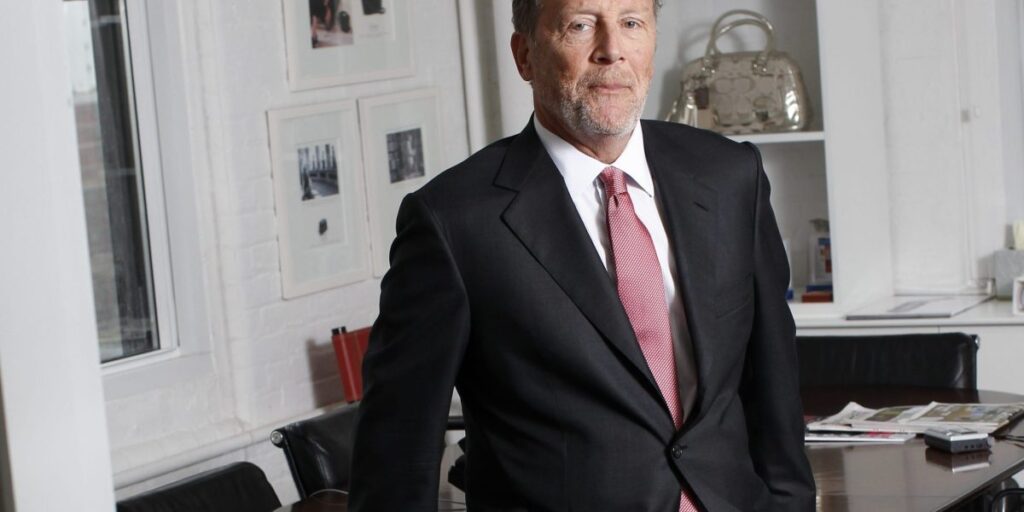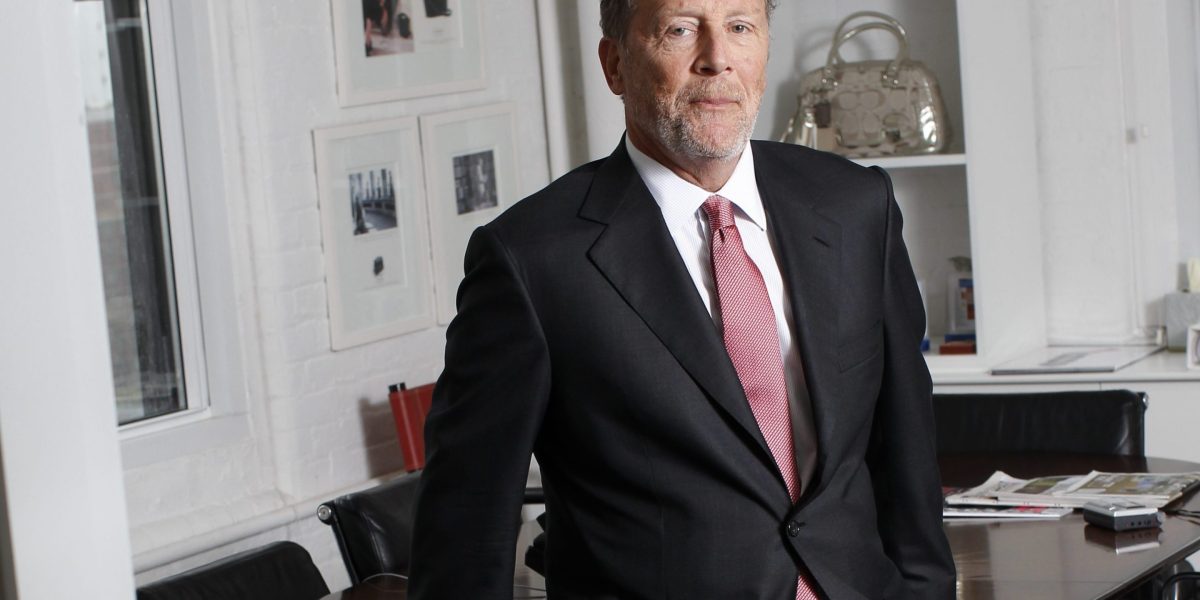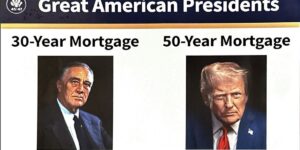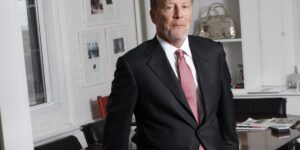The CEO who transformed Coach into a luxury powerhouse shares the grueling interview process he uses to vet candidates
Lew Frankfort, who helmed $5 billion luxury giant Coach for nearly 30 years, developed a three-part “immersive interviewing” tactic to “force a level of honesty” among job candidates.


Hiring the right talent can make or break a company—and many executives attribute their success to having the best-in-class inner circle. Lew Frankfort, the former CEO of $5 billion fashion empire Coach, used to feel regret for bringing on the wrong people. What he learned in the process inspired him to develop an “immerse interviewing” strategy, complete with rating emotional quotient (EQ)and ranking 80 skills.
“To reduce the chances that I’d fail at the critical task of hiring the right people, and increase the chances that I’d succeed at hiring great people, I had been refining my interviewing technique,” Frankfort wrote for Harvard Business Review last month. “I wanted to be more interactive so I might have a complete view of a person.”
Frankfort spent nearly the entirety of his career at Coach, serving as CEO for 29 years out of his 46-year run at the aspirational brand. During those decades he perfected his hiring strategy, and with the best team beside him, scaled the business from reeling in just $6 million in annual revenue to a multibillion-dollar empire. And he’s bringing that playbook to his current role as chief executive of investment firm Benvolio Group, which works with consumer brands like Veronica Beard, Body Armor, and Bogg Bagg.
If a job candidate hopes to become one of Frankfort’s direct reports, they must go through a thorough and carefully structured process. From start to finish, Frankfort personally meets with each applicant, beginning with an initial interview focused on their background and work experience. The seasoned CEO asks questions ranging from where they grew up to what accomplishments make them most proud. After about 15 to 20 minutes, he transitions into the next stage of the interview.
The next stages of interviewing: a boss EQ rating and 80-skill test
The next stage of Frankfort’s interview process is a bit unorthodox—he instructs job candidates to name a current or recent boss, and rate their emotional intelligence (EQ) on a scale of 1 to 10. He said most would give their managers a 7, 8 or 9, and if they gave a lower number, he’d inquire more. Then, applicants are asked what their bosses would say are their strengths and growth opportunities.
“Many people don’t have the language or the inclination to describe themselves in full dimension, so this angle would help you express yourself more precisely,” the ex-Coach CEO continued. “It would also force a level of honesty, especially if you knew that your boss was a reference I might talk with.”
The third part of the interview stage is a white paper self-assessment covering more than 80 unique skills. They’re capabilities, Frankfort said, he’s amassed over his lengthy career, including the ability to judge people, courage, curiosity, financial acumen, investigative skills, sense of style, street smarts, integrity, and self-motivation. Prospective talent will give themselves a ranking from 1 to 10 for each ability, and once the sheet is filled out, the executive will start by asking about the strengths that have come out in conversation.
“Individually and collectively, your rankings would offer insight, telling me where to lean in for more information and clarity,” Frankfort explained. “I was looking for clusters of similarly rated competencies—for outliers that might suggest a concern, and for dichotomies that reveal where I needed to probe to get to a deeper truth.”
If a job candidate rated themselves low on one skill, Frankfort would enquire how that capability can be improved in the job or offset by other staff. But overall, he said he was looking for red flags—any “deal breakers” and “caution areas” that signal they’re not the right fit for the role. The CEO admitted he’s still partial to candidates who are particularly charismatic and confident, but this detailed strategy helps counter his personal bias. The three-step interview process is also an opportunity for Frankfort to assess a potential hire’s self-awareness and growth potential.
“My immersive interviewing framework routineized my natural curiosity about people and helped me avoid the trap of making assumptions about skills and overlooking major weaknesses,” he said.
Other CEOs who swear by personality tests in hiring
Personality assessments in particular have become a staple for business leaders hiring new roles. About 80% of Fortune 500 companies use these quizzes to vet incoming upper-level talent, according to a 2022 study from Ladders.
Julia Hartz, the CEO of $225 million ticketing company Eventbrite, uses the Hogan method to assess how her leadership style pairs with her direct reports and job candidates.
The Hogan Personality Test is a suite of workplace-focused assessments used to predict job fit, leadership potential, and business risks under stress. It typically includes three core measures: the Hogan Personality Inventory (HPI) for the “bright side” of everyday behavior, the Hogan Development Survey (HDS) for “dark side” derailers that can arise under pressure, and the Motives, Values, Preferences Inventory (MVPI) for core drivers and cultural fit.
“The Hogan series is pretty in depth, and is about how you react to certain landscapes shifting,” Hartz told Fortune earlier this year. “And then I’m actually able to draw a through line between my Hogan test to a candidate’s Hogan, and using AI can assess the places where it’s going to cause friction, and where are we not going to show up great together?”
And Loren Castle, CEO of refrigerated cookie dough empire Sweet Loren’s, sorted out the good apples from the bunch by deploying the CliftonStrengths quiz. The assessment is a 30-minute test made by American analytics company Gallup that analyzes unique skills, thinking patterns, feelings, and behaviors. And she looked for a few core traits: positive attitude, passion, and teamwork skills.
“It’s hard to hire the right team. That’s the hardest part of this: to really understand what your culture is and attract the best people,” Castle told Fortune earlier this year. “We’re really mindful now when we’re building out teams.”






